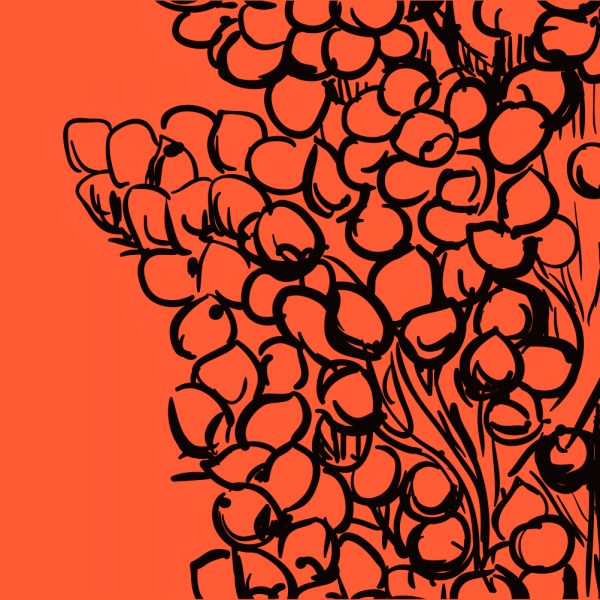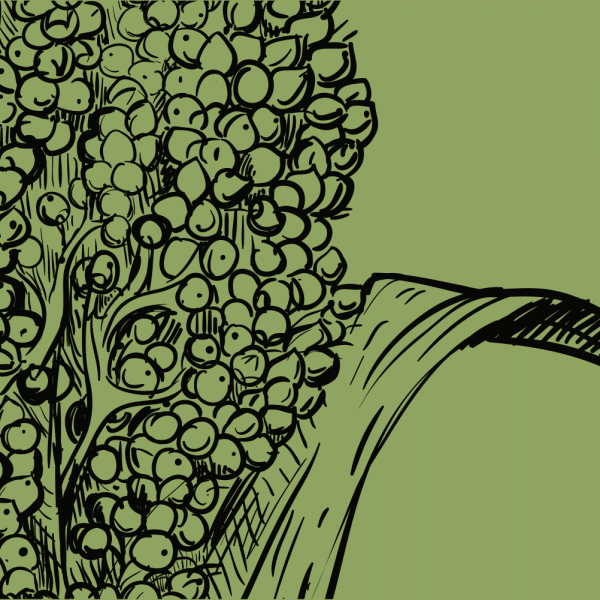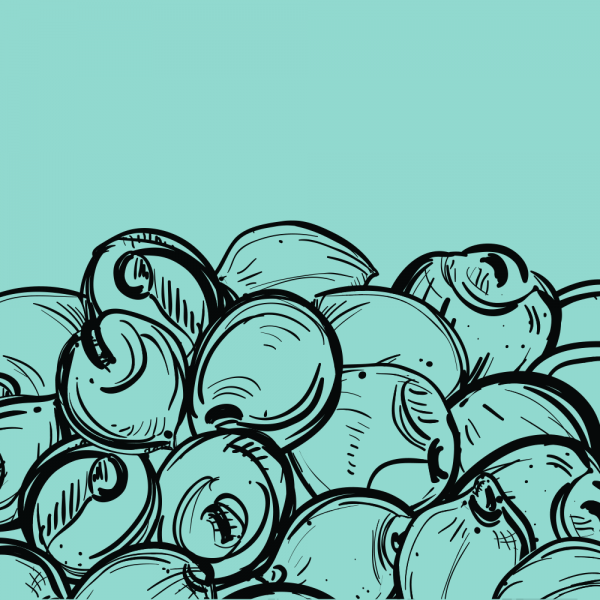Sorghum Checkoff Board Launches Sustainability Initiative, Hires Everhart-Valentin as Sustainability Director
 LUBBOCK, Texas (March 30, 2020)—The United Sorghum Checkoff Program has launched an initiative to increase market value for growers by positioning sorghum as a sustainable solution for food, feed and energy sectors that serves the global community and its needs for nutrition and environmental health. The board also recently named Kira Everhart-Valentin as the organization’s first sustainability director.
LUBBOCK, Texas (March 30, 2020)—The United Sorghum Checkoff Program has launched an initiative to increase market value for growers by positioning sorghum as a sustainable solution for food, feed and energy sectors that serves the global community and its needs for nutrition and environmental health. The board also recently named Kira Everhart-Valentin as the organization’s first sustainability director.
Everhart-Valentin will be responsible for developing and leading the sorghum industry’s sustainability initiatives and will continually assess opportunities for investment and collaboration to increase the value of sorghum for farmers and industry stakeholders.
“We are delighted to have Kira join the Sorghum Checkoff,” Sorghum Checkoff Executive Director Florentino Lopez said. “Her unique skill set and experience will bring a meaningful perspective to developing and maintaining a sustainability strategy that appropriately highlights sorghum’s potential as an environmentally sustainable crop while still respecting the importance of maintaining economic stability for sorghum producers.”
Everhart-Valentin is a graduate of Kansas State University and has a master’s degree in political science and a bachelor’s degree in agricultural communications and journalism in addition to bachelor’s degrees in modern languages and international studies.
She has worked in the sorghum industry for a number of years, beginning with serving Western Kansas farmers and businesses. Most recently, she served as the program coordinator with the USAID Feed the Future Innovation Lab on Collaborative Research on Sorghum and Millet at Kansas State University, working extensively internationally.
In this role, she managed a global program on sorghum and millet with partners across nine different countries. The program linked U.S. teams with international teams across various areas of sorghum innovation and technology, including genetic improvement, agronomic practices and end-use processing.
“I’m excited to help define what sustainability means to sorghum as a crop and an industry,” Everhart-Valentin said. “I hope to connect sorghum’s many environmentally sustainable qualities to end users and consumers in a way that responds to the increasing demand for sustainable production practices while bringing value back to the sorghum grower for utilizing those responsible practices.”
More information about sorghum and its sustainable benefits can be found at SorghumCheckoff.com/Sorghum-Sustains.
###
The United Sorghum Checkoff Program is a producer-funded organization that is dedicated to improving the sorghum industry through research, promotion and education. For more information about the USCP and other research projects please visit www.sorghumcheckoff.com.




